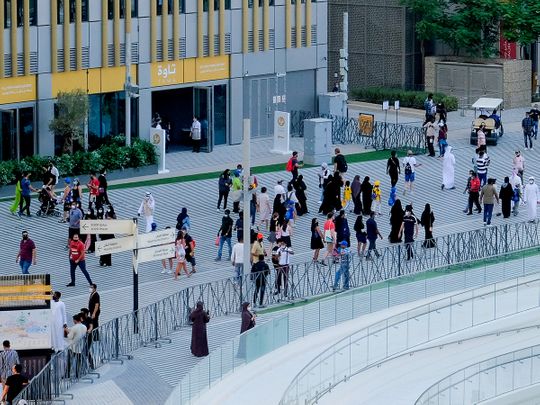
Insurance as an industry has been hugely impacted by COVID-19 and the lockdowns, travel restrictions and construction delays were inevitable consequences. However, there are opportunities to seize too, by recognizing and capitalizing on current positive trends, which will no doubt is being showcased at the Expo.
One such trend is the increasing move towards digitization. Big data, AI and machine learning are vital components of today’s actuarial assessment, and provides an increasingly scientific approach to risk assessments. As more of the application, assessment and contractual processes move online, the insurance industry becomes more streamlined and consistent, as well as more profitable.
As a result, there are increasing opportunities to develop SaaS (Software as a Service) products to improve the industry’s functionality and accessibility.
Full risk cover
The unique challenges of COVID-19 have provided opportunities for innovation too. Businesses are clamouring for insurance policies inclusive of measures to ensure their viability during lockdowns and other emergencies. While it is still a little early to say how premiums and coverage will be affected post-pandemic, there is no doubt that the COVID-19 risk is now an essential part of any business continuity plan, and insurance has a key part to play in mitigating uncertainty.
As a recent PWC report noted, the Middle East has led the way by offering premium discounts, extended terms, additional coverage, and limitation waivers. By doing so, the region incentivizes inward investment, further reinforced by the Expo’s global showcase.
The Expo should bring a host of other benefits to the region too.
Keep the developments coming
The substantial inward investment was a key strategic aim for the UAE’s Expo bid, granted in 2013. Expo 2020 thus signals the Emirates’ willingness to resume economic activity and welcome entrepreneurial partners. Dubai South, where the Expo is being held, will continue to benefit from the infrastructure innovations made there.
Continuing development is another major aim of the Expo. Such events, as well as major sporting and cultural events like the Olympics, tend to stimulate the construction sector of the host nations - Expo 2020 will prove no exception.
One economic impact study predicted an Dh100 billion investment windfall but the final tally may be much higher. This, in turn, will provide opportunities in the insurance sector, as Dubai continues to see an expansion in housing and commercial development ventures.
More jobs add another facet
Employment opportunities, both for UAE nationals and expatriates, will be generated across industries, from construction to hospitality to technology. This expansion in the workforce ought to position the UAE as an environment conducive to innovation. These employment contracts should lead to an increase in employee benefits insurances, in addition to other insurable projects.
The anticipated 25 million visitors that the Expo 2020 should welcome between October and March 2022 will boost the local tourism industry significantly. Plans are afoot to expand public parks, beaches and other facilities to capitalize on the country’s high visibility.
Real estate should experience continued growth, as both government programmes for housing and private sector hospitality projects take shape. The Dubai 2040 Urban Plan aims to “make Dubai the world’s best place to live”. These infrastructure developments will lead to more construction and engineering related insurance covers.
Spread the urban centres
The Plan entails turning 60 per cent of Dubai into nature reserves, while creating two new urban centres, including the Expo site, and improving three existing ones. Over half a million new homes will be required, providing huge economic opportunities for developers, construction companies and their affiliated industries, including, of course, the insurance industry.
Although the insurance industry has had to cope with a multitude of payouts in 2020-21, which inevitably raised premiums and reduced capacity, insurance leaders expect the sector to bounce back. The projects described above, and the ancillary activities they require, will all need to be fully insured against future uncertainties.
By the time the event finally closes its doors to visitors, Dubai will have experienced a huge economic boost. Insurers would do well to build upon the boom and allow themselves to be inspired by the spirit of innovation and optimism the Expo engenders.









